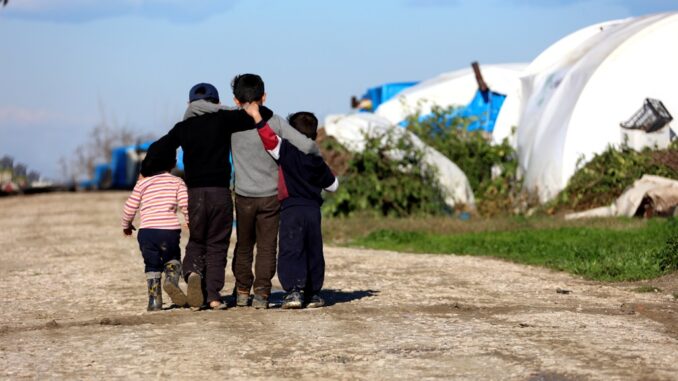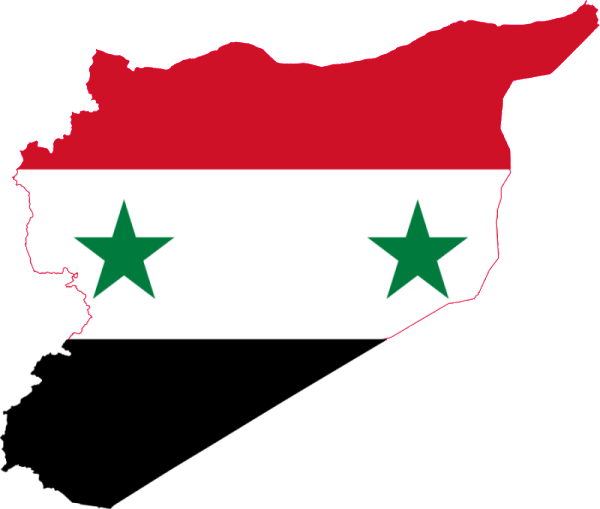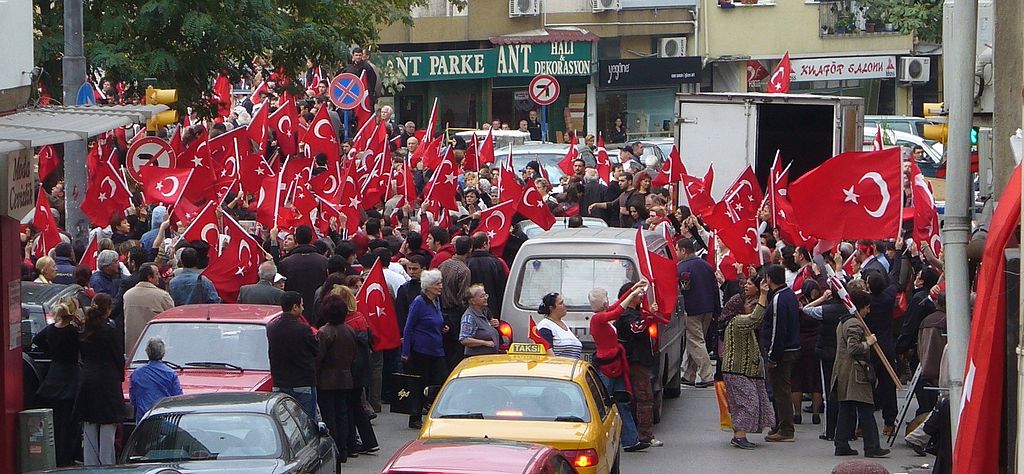
Given the recent developments in Syria, which saw the demise of an authoritarian regime that ruled the country for over half a century, the role of federalism and decentralization in Syria’s future is a topic of significant debate and importance.
Although the country’s exit from its cycle of conflict and fragility is unclear, decentralization is seen by some as a potential solution to address the country’s deep-seated issues, including sectarian divides and the central government’s weakened authority. Federalism, on the other hand, could provide a framework for more inclusive governance by recognizing the aspirations of various ethnic and sectarian groups.
Despite significant efforts that were undertaken to enhance the role of local administrative units (LAUs) prior to the conflict, inclusive representation in, and engagement with, local authorities, remained limited, owing to insufficiencies in the electoral system, the existence of a complicated legal framework regulating local development, a lack of familiarity on the part of LAUs on the benefits of community and private sector engagement, and a lack of knowledge on the part of the citizens about their rights (UN Habitat 2022).
Most LAUs, including central cities, did not adopt a strategy for local development and recovery. Hence, LAUs continued to predominantly follow pre-crisis modus operandi and by-and-large did not adopt participatory methods, except for some internationally supported
recovery planning processes.
Going forward, implementing a decentralized (and possibly, federal) public sector is Syria comes with challenges. A decentralized structure requires a robust set of central institutions capable of maintaining a balance between regional autonomy and national unity. Additionally, there is a need for constitutional reforms, new laws, and national institutions to enforce decisions and ensure equality and non-discrimination.
Ultimately, the success of federalism and decentralization in Syria will depend on the country’s ability to navigate these complexities and create a governance model that reflects its diverse realities and promotes peace and stability.
Read more:
UN Habitat. 2022. Decentralisation and local governance: Pursuing area-based approaches that
support accountability in the restoration of basic services and economic recovery in Syria.
Decentralization and the Future of the Syrian State (Arab-Reform.Net 2016)
UNESCWA. 2020. Mapping local governance in Syria: A baseline study. November 2020




